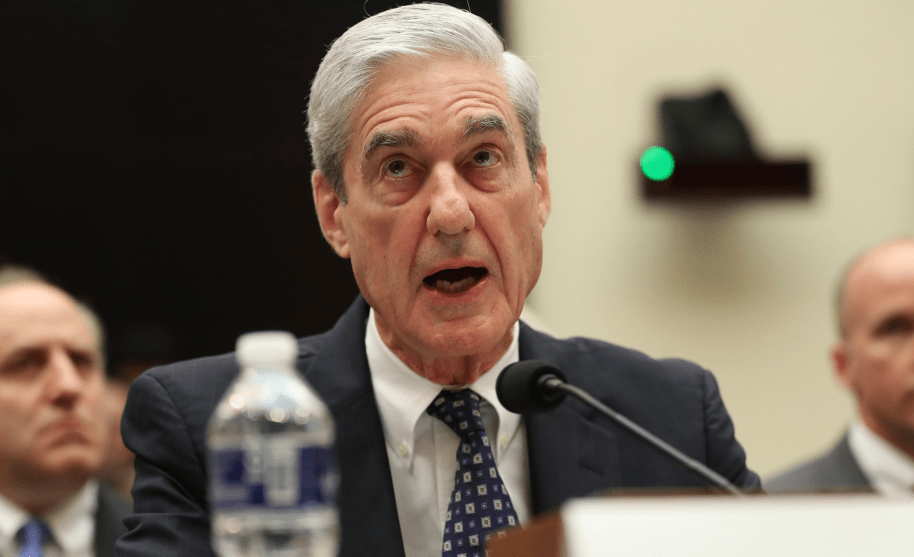
Andrew Harnik/AP
Before the conclusion of special counsel Robert Mueller’s two-year investigation into Russian interference in the 2016 election, there was intense speculation about whether President Donald Trump would be charged with obstruction of justice. Ultimately, Trump wasn’t charged. But during Mueller’s testimony before the House Judiciary Committee on Wednesday, the former special counsel confirmed that Trump could be prosecuted after leaving office:
"Could you charge the president with a crime after he left office?"
Robert Mueller: "Yes."
"You could charge the president of the United States with obstruction of justice after he left office?"
"Yes." https://t.co/CXfCvYspNV #MuellerHearings pic.twitter.com/3HPs9FVFbn
— ABC News (@ABC) July 24, 2019
In fact, it was a Republican member who first got Mueller to confirm that possibility—and why he didn’t charge Trump. When Rep. Ken Buck of Colorado asked Mueller point-blank if there was sufficient evidence to charge the president with obstruction, Mueller said that his office “couldn’t make that calculation” due to a Justice Department legal opinion that a sitting president can’t be charged with a crime:
.@RepKenBuck: Was there sufficient evidence to convict president of Trump or anyone else of obstruction of justice?
MUELLER: We did not make that calculation.
BUCK: Why not?
M: Because of the OLC opinion that states the president can't be charged with a crime. pic.twitter.com/EkOaj0EfGK
— Aaron Rupar (@atrupar) July 24, 2019
















